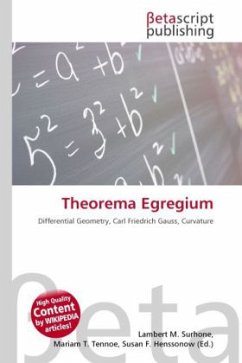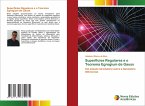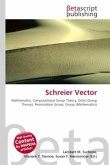High Quality Content by WIKIPEDIA articles! Gauss's Theorema Egregium (Latin: "Remarkable Theorem") is a foundational result in differential geometry proved by Carl Friedrich Gauss that concerns the curvature of surfaces. The theorem says that the Gaussian curvature of a surface can be determined entirely by measuring angles, distances and their rates on the surface itself, without further reference to the particular way in which the surface is situated in the ambient 3-dimensional Euclidean space. Thus the Gaussian curvature is an intrinsic invariant of a surface. The theorem is "remarkable" because the starting definition of Gaussian curvature makes direct use of position of the surface in space. So it is quite surprising that the end result of double curvature product does not depend on its embedding in spite of all bending and twisting deformations undergone.
Bitte wählen Sie Ihr Anliegen aus.
Rechnungen
Retourenschein anfordern
Bestellstatus
Storno








